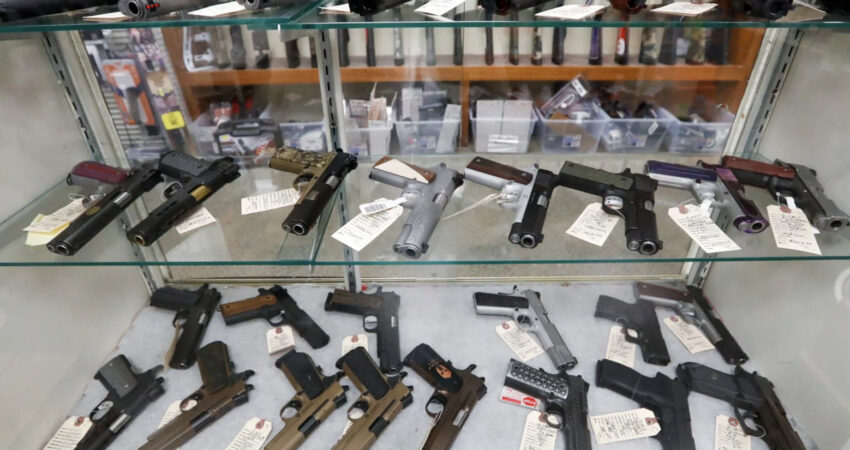In a recent interview, former President Barack Obama suggested that the United States should adopt gun laws similar to those in Australia, where the right to own firearms is not recognized. This viewpoint aligns with the push for stricter gun control measures advocated by the Biden administration.
However, a federal appeals court has temporarily halted the enforcement of new regulations on pistols with stabilizing braces. President Biden had labeled these accessories as “especially dangerous” following their involvement in several mass shootings. The court’s decision comes in response to a lawsuit filed by gun owners and Second Amendment groups who argue that the regulation violates their constitutional rights.
Gun rights advocates assert that the stabilizing brace rule imposes burdensome requirements on millions of law-abiding gun owners. The Firearms Policy Coalition (FPC), one of the plaintiffs in the case, deems the regulation as both onerous and unconstitutional. Their appeal to the Fifth Circuit Court of Appeals follows a lower-court ruling that refused to block the enforcement of the rule while the legal challenge progresses.
The Biden administration introduced the stabilizing brace rule as part of its comprehensive gun crime strategy, prompted by tragic incidents such as the Boulder, Colorado, shooting and the Dayton, Ohio, massacre. The ATF classifies pistols with attached stabilizing braces as short-barreled rifles, which fall under strict congressional regulations due to their accuracy and concealability. President Biden accuses the gun industry of exploiting loopholes with these accessories, claiming that they effectively convert pistols into short-barreled rifles.
Estimates indicate that millions of guns equipped with stabilizing braces are currently in circulation across the country. Second Amendment advocates challenge the government’s portrayal of stabilizing braces, arguing that they were initially developed to assist disabled combat veterans in recreational shooting. They also point out that the ATF previously ruled that the addition of a stabilizing brace does not transform a pistol into a different type of firearm.
While the full implications of the appeals court’s decision are yet to be determined, it currently applies only to the plaintiffs involved in the case. The court has not clarified whether the rule is blocked for other individuals, including buyers of pistols from manufacturers like Maxim Defense Industries and members of the Firearms Policy Coalition. Further clarification on the scope of the injunction is being sought by the FPC.
The court’s ruling represents a significant victory for Second Amendment rights advocates who view the ATF’s brace rule as unconstitutional and unlawful. Despite this positive development, the battle over gun control measures and the regulation of accessories like stabilizing braces continues.





